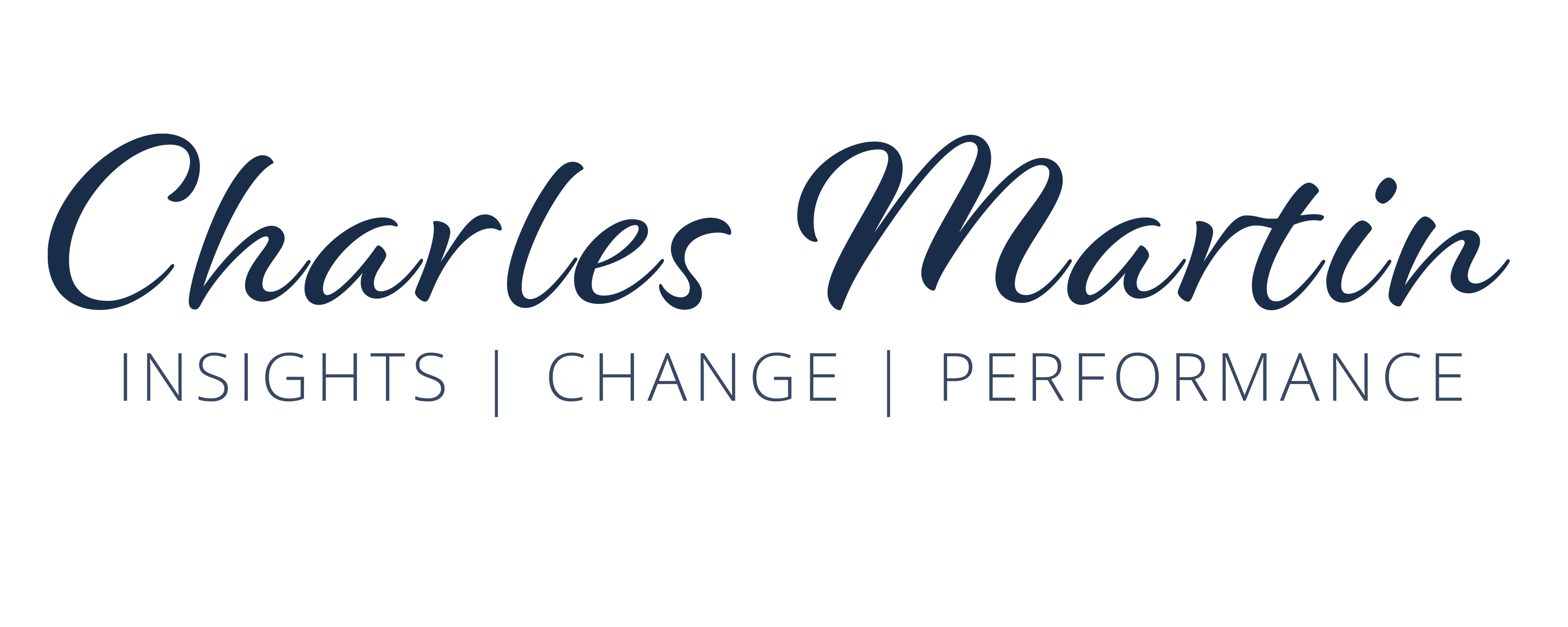Working together
Is coaching for me?
Executive Coaching is for you if you are looking to improve your performance and would like to:
See yourself more clearly – as a leader increased self-awareness improves your effectiveness and performance and your employees and team members will relate more to you. Develops your impact, presence and builds trust.
See others more clearly – by understanding your values and assumptions you learn to see others more clearly and neutrally and so make better and more accurate assessment of others. Develops relationships, improves delegation, conflict resolution and collaboration skills.
Develop new ways to respond – by listening to others, leveraging the strengths of your team, and understanding different perspectives, more choices and options become available to you. Develops creative solutions and more productive relationships across diverse, cross functional teams.
Achieve your goals – understanding your values, connecting with your purpose, and gaining clarity in your goals through insight, honesty and openness will provide focus. New ways of thinking and operating, combined with new skills will provide you with the confidence, commitment, and energy to achieve them.
Coaching is a partnership which inspires the individual to maximise their professional and personal potential using a thought-provoking and creative process. Executive Coaching focuses on the decision-maker aiming to maximise individual performance, strengthen leadership competencies and execution skills, and provide leaders with the practical tools to achieve their organisational objectives and personal goals
They are often confused.
Coaching is non-directive and focuses on improving the performance and development of an individual through building awareness, responsibility, and action toward positive, lasting change.
Mentoring is when someone shares their knowledge, skills and/or experience, to help another to develop and grow by giving advice and guidance. It is focused more on the relationship and will typically be over a longer period of time.
Coaches can specialise in industry sectors, coaching techniques and approaches, specific issues or challenges, location, and roles or positions.
My focus and experience is with Board members, senior executives and leaders in the profit and public good sectors using a range of tools, which have been refined over the years to suit individual client needs, learning styles and contexts.
When you are faced with a significant career move, stepping up into a new leadership role or dealing with rapid change.
When you start to feel overwhelmed, in danger of burnout, or feeling like an impostor.
When you need support and motivation, straight-talking to challenge and maintain momentum, and incisive questions to keep you grounded.
The role of the coach is to provide objective assessment and observations that foster enhanced self-awareness and awareness of others, practice active listening to gain a full understanding of your circumstances, be a sounding board in support of new ideas and thinking, champion opportunities and potential, encourage stretch and challenge in line with your strengths and aspirations, support the shifts in thinking that reveal fresh perspectives, challenge blind spots in order to illuminate new possibilities, and support the creation of alternative scenarios.
The coach should also maintain professional boundaries in the coaching relationship, including confidentiality, and adhere to a coaching professional code of ethics.
Commitment, time and energy combined with a willingness to focus on one’s self, the tough questions and the hard truths.
Openness to challenge existing beliefs, attitudes and behaviours and to develop new ones.
Actions to try new things, in spite of insecurities or discomfort, to achieve change and goals.
Compassion and self-care in the face of setbacks and disappointments.
Courage to reach for more than before, to realise your full potential.
And essentially, a sense of humour.
According to the International Coaching Federation (ICF), 86% of organizations saw an ROI on their Coaching engagements, and 96% of those who had an Executive Coach said they would repeat the process again.
You can measure the success using external performance measures within your organisation and internal measures such changes in your self-awareness and awareness of others, shifts in your thinking which inform more effective actions, and shifts in your emotional state which inspire confidence.
This depends on the individual, their goals, frequency of sessions and their timescales. Typically, the programme will be over 6 months but some are shorter where there are more immediate issues to address and some are longer where the partnership delves that bit deeper.
It will be stretching and stimulating, yet supported and safe. It takes place in a confidential space in which you can talk about what is on your mind, share insights, think the unthinkable, come up with alternatives and rehearse next steps.
There is no standard approach as each client is individual. You will benefit from fresh thinking as well as deep experience. A dedication to develop your capabilities to help you succeed. It is an enriching and enjoyable experience.
